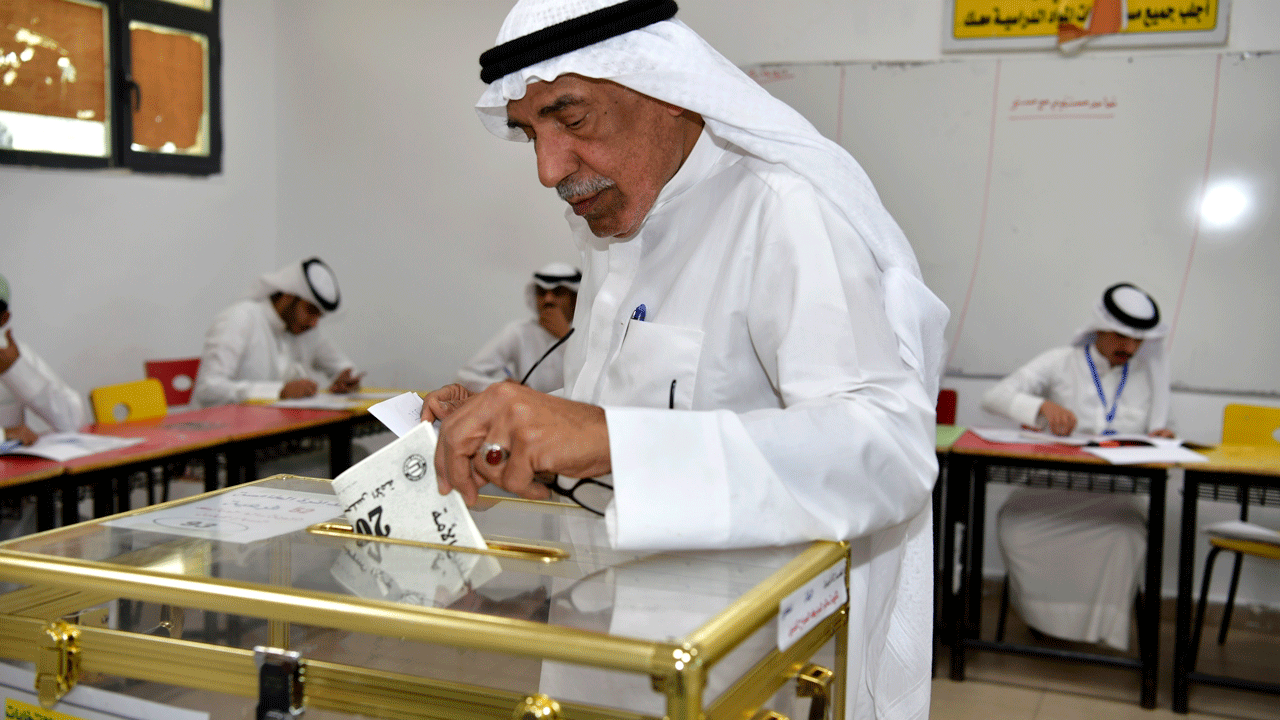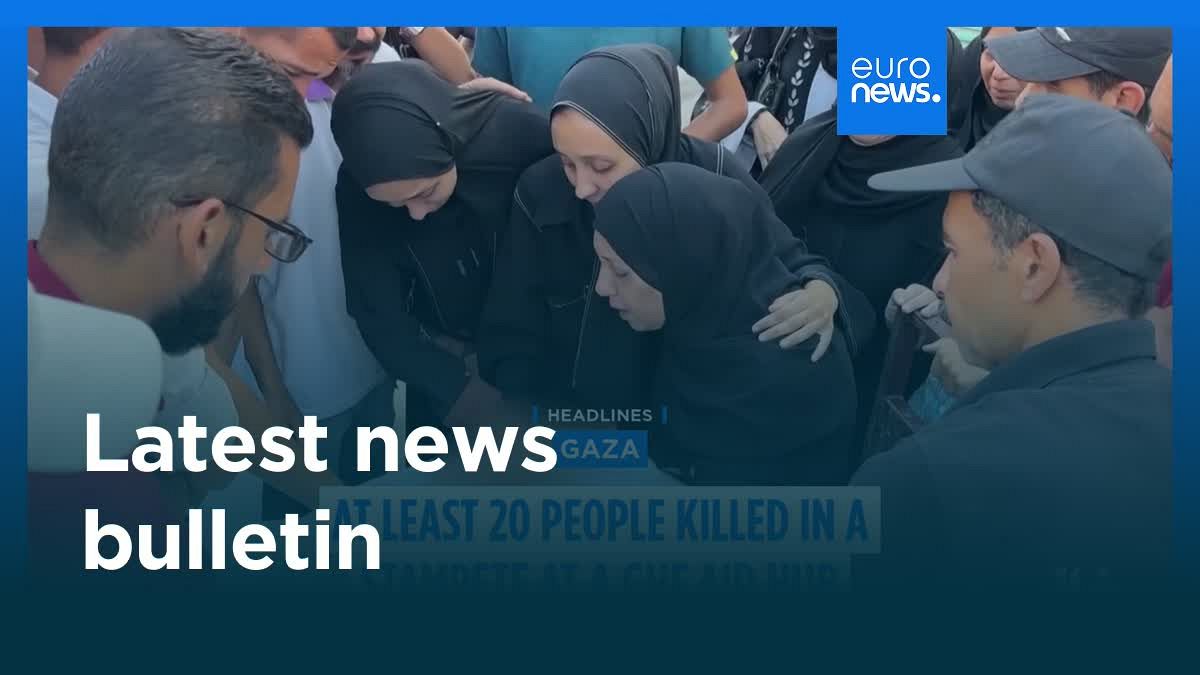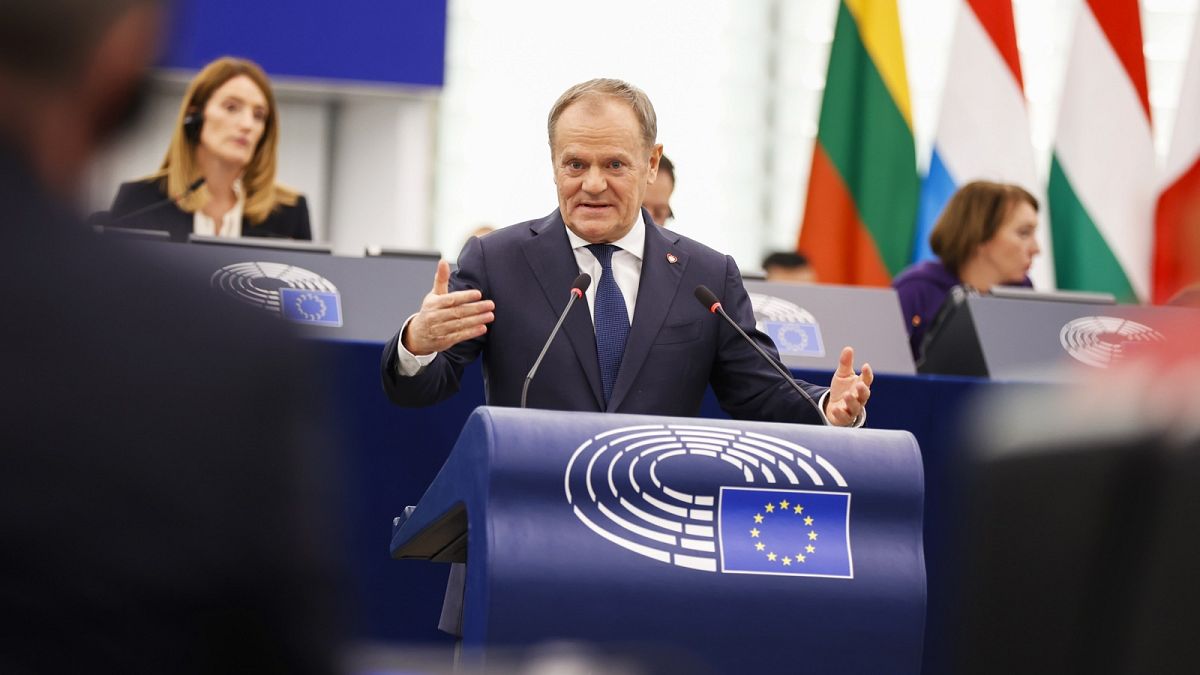Kuwait votes in its 4th election in as many years in its latest attempt to end political gridlock
Kuwait has held national elections for the fourth time in 4 years as the country attempts to break out of its political gridlock; voters are choosing candidates to fill 50 seats in the assembly.

DUBAI, United Arab Emirates (AP) — Kuwait held national elections on Thursday for the fourth time in as many years as the oil-rich country seeks to break out of its longstanding political gridlock.
The Persian Gulf country's elected assembly has more power than most in the Arab world, but has long been at loggerheads with the government, which is appointed by the royal family.
US ARMY DIETITIAN DIES IN KUWAIT
These are the first elections since Sheikh Meshal Al Ahmad Al Jaber, 83, assumed power after the death of his half brother in December. The new emir dissolved parliament in February after a lawmaker reportedly insulted him.
Voters will choose among 200 candidates to fill 50 seats in the assembly. There are no political parties.
Domestic political disputes have been gripping Kuwait for years — including over changes to the welfare system — which prevented the sheikhdom from taking on debt. That has left it with little in its coffers to pay bloated public sector salaries, despite generating immense wealth from its oil reserves.
Parliament has been repeatedly dissolved after failing to move forward.
Last year, Kuwait’s Constitutional Court annulled a 2022 decree overturning another such annulment. The country’s late emir then annulled that parliament again and held an election for a new parliament last summer, which was annulled with the February decision.
Kuwait, a nation with some 4.2 million people that’s slightly smaller than the U.S. state of New Jersey, has the world’s sixth-largest known oil reserves.
It has been a staunch U.S. ally since the 1991 Gulf War expelled the occupying Iraqi forces of Saddam Hussein. Kuwait hosts some 13,500 American troops, as well as the forward headquarters of the U.S. Army in the Middle East.
Kuwait is alone among Gulf Arab countries in having a democratically elected parliament that exerts some checks on the ruling family — which nevertheless appoints the government and can dissolve the assembly at will.
What's Your Reaction?
















